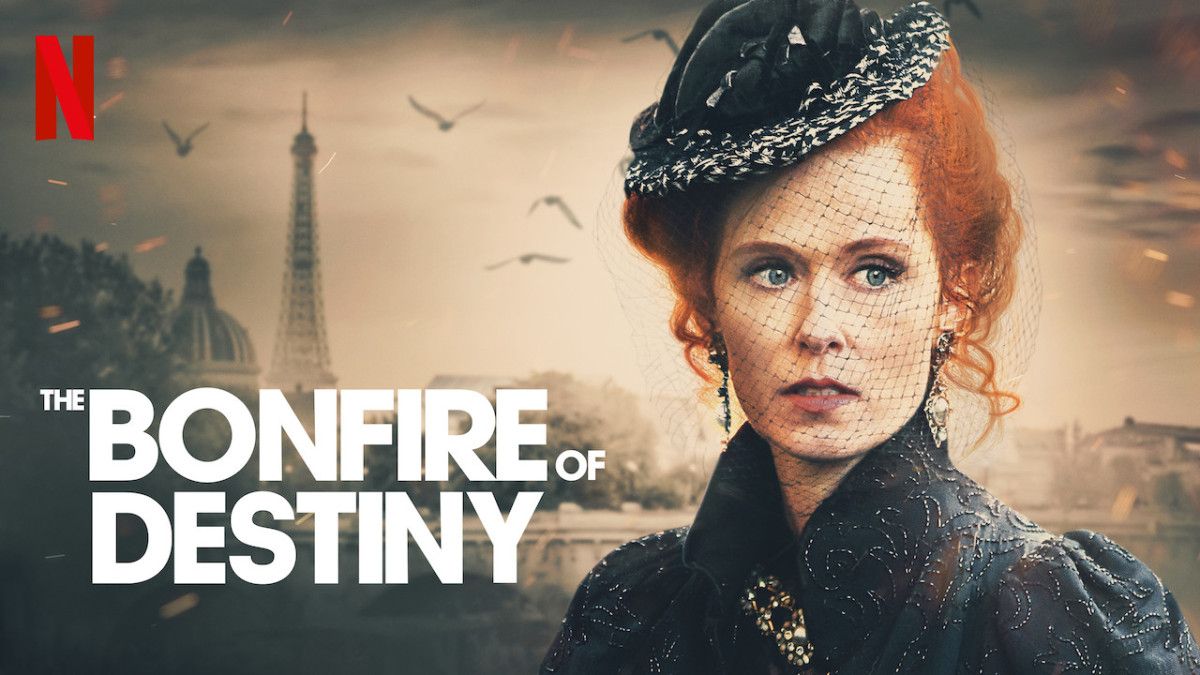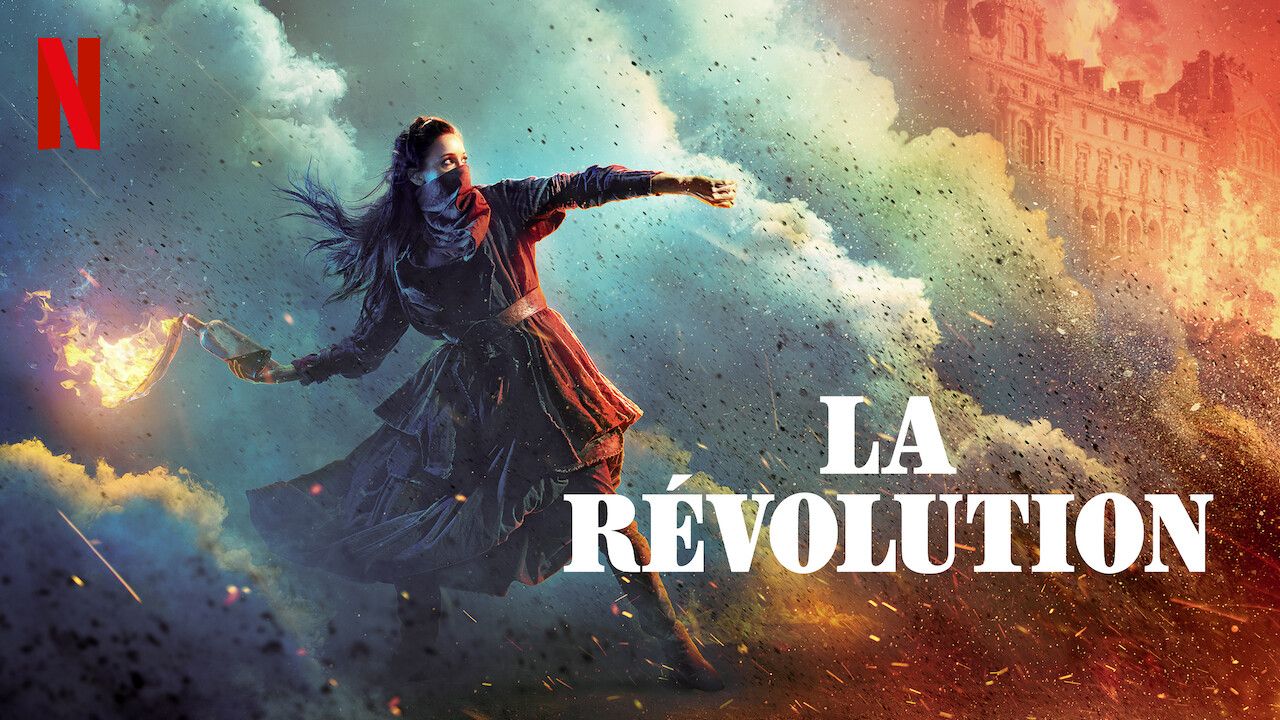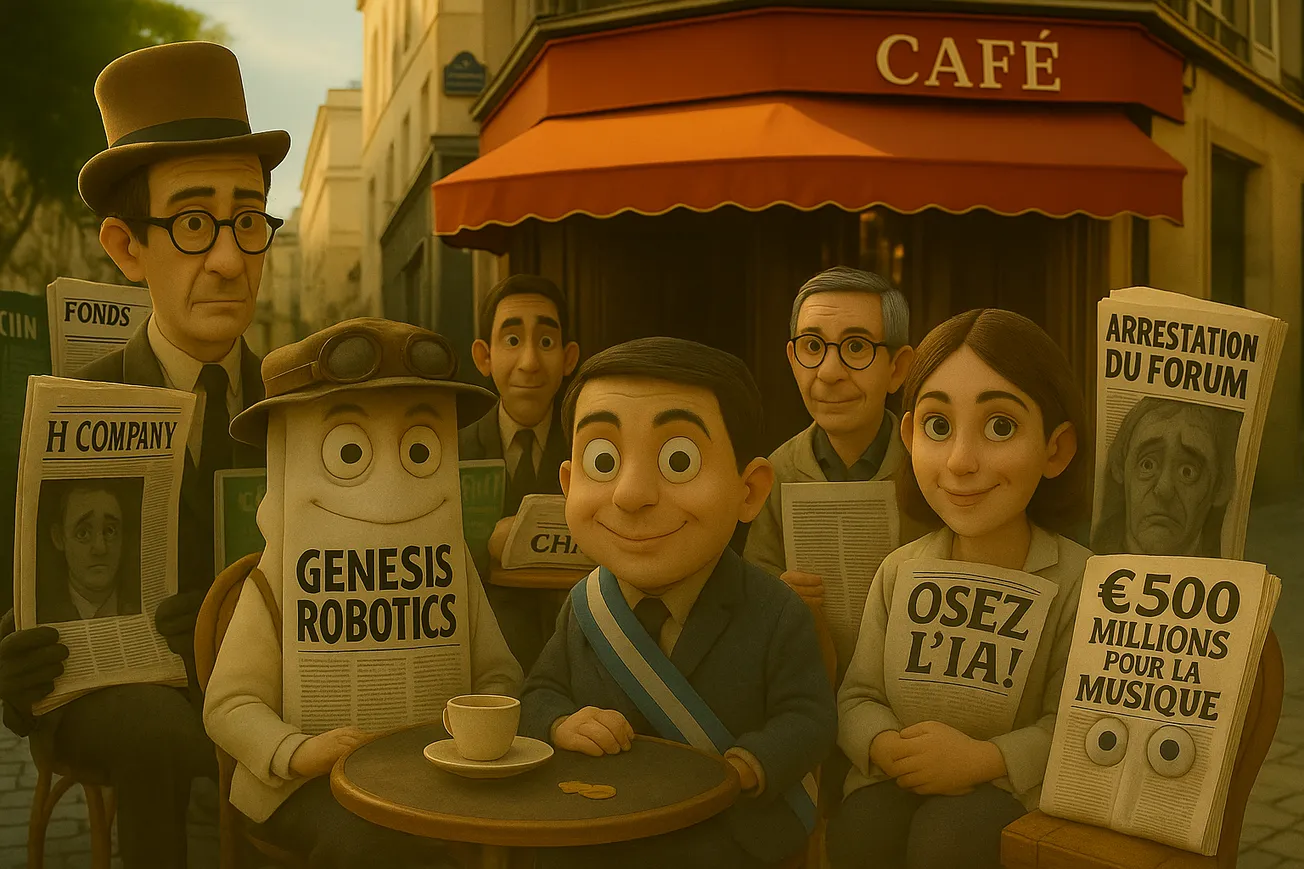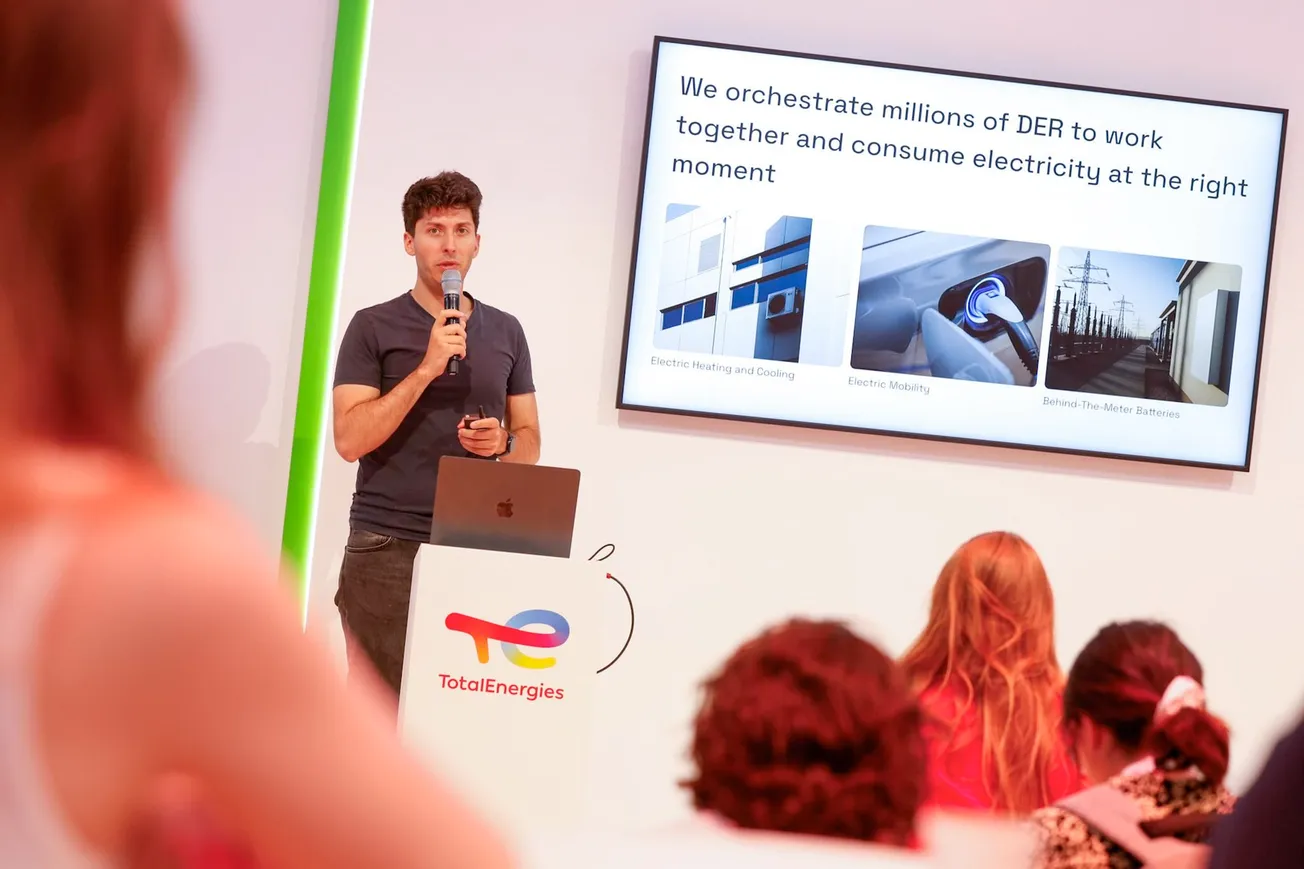
French producers are learning to love Netflix. While the sentiment is still not universal, 2020 has seen a dramatic improvement in the streaming giant’s reputation in France. But it also offers a glimpse more broadly into how the French industry and the government is slowly — and belatedly — bending to the realities of digital transformation in even the most traditional of industries.
For some context as to how dramatically things have changed for Netflix in France, I’ll rewind back to one of the first stories I wrote after arriving here in 2014. From my story for the Los Angeles Times:
In a country of proud cinephiles, Netflix has been bashed by national politicians, vilified by cultural leaders and brushed off by potential broadcast partners who have instead beefed up their own competitive video offerings. These groups worry that Netflix will undermine the complex system created by broadcasters and the government to protect a French film industry that is central to the country’s identity, and a significant part of its economy.
As the headline in Le Monde put it on the eve of Netflix’s launch in France: “Let the Carnage Begin.”
France has a very carefully calibrated system for financing TV and movie production that collects a portion of ticket sales and other TV fees to fund movies and TV shows. It’s why the nation continues to produce an astounding number of films (some would argue absurdly high). It also includes an absurd legacy rule that prevents content released in theaters from appearing on streaming platforms for three years. (Even now that Disney+ has launched in France, it can’t show the most recent Pixar, Star Wars, and Marvel movies on its own platform.) The fear was that Netflix and other platforms would undercut movie ticket sales and cable subscriptions and send that system into a tailspin.
Netflix tried to offer a carrot in the form of investing in local production, starting with the series Marseille starring Gérard Depardieu in 2016. I had a chance to attend the red carpet premiere and speak with Netflix CEO Reed Hastings at the time and then Chief Content Officer Ted Sarandos about the company’s intentions in France.
Sarandos made the argument that the economics of production and consumer consumption had changed and that France could benefit from Netflix in that regard.
“The great thing is, if you can expand the audience from the country of origin, you can produce at a larger scale and make better programs,” Sarandos said at the time. “Being able to find American lovers of ‘Marseille’ in the U.S. enables us to spend more in France making ‘Marseille’.”
Alas, Marseille was generally mocked in France. And Netflix continued to face an adversarial relationship with French producers, including many who protested its films being included at the Cannes International Film Festival.
All of this pushback, however, ignored the reality that Sarandos had tried to highlight. France has been late to place the same emphasis on TV production as other countries. While Canal+ has had some notable international successes such as Spiral and The Bureau, TV doesn’t have nearly the respect in France as does film.
And on that film front, with the collapse of independent film houses, particularly in the U.S., even the best French films have a harder time reaching an international audience.
In response, France seemed to be reacting in a way for which outsiders have traditionally criticized it: Being too rigid and defending an antiquated system rather than seizing digital opportunities.
Netflix Not ‘The Devil’
Almost a decade ago, Iris Bucher started a boutique production studio in Paris called Quad Drama to focus on her passion projects. She had a growing number of successful productions under her belt when someone suggested making a TV miniseries based on a horrific fire at a charity bazaar in 1897 that left 126 people dead — mostly aristocratic women.
The story seemed like a Victorian novel with romance, drama, tragedy, and a healthy dose of social commentary on class and gender. It had all the makings of a lavish costume drama of the kind the BBC has been churning out for decades. But French TV stations don’t typically have the budgets for such shows.
“It was amazing, the idea, but also extremely complicated and very expensive,” Bucher said. “I remember saying this is crazy and we can’t do it and yet we should do it.”
So when TF1 gave the €17 million project the green light, they told Bucher she would have to raise the majority of funding elsewhere.
Typically, this would mean a laborious process of selling the international rights county by country, a daunting and risky approach for a production that was about to start filming. But then, via TF1, Bucher was contacted by Netflix. After reading the script, Netflix agreed to fund the balance in exchange for the international rights as well as a 4-year window to show the series in France after it had been broadcast on TF1. To make the deal work, that meant TF1 gave up some rights. But in return, they got to broadcast a prestigious drama.
Le Bazar de la Charité drew some of TF1’s best ratings in several years when it aired starting in November 2019. The 8-part miniseries then debuted on Netflix as The Bonfire of Destiny in late December 2019. In France, the series got almost as much press coverage for its storytelling as it did for this unique partnership with Netflix.
“TF1 did an amazing thing,” Bucher said. “They saw they could do a very ambitious production in a new way. They don’t have the money to pay the whole cost of the series. So it’s a win-win deal.”
As Netflix has ramped up its investment in France, this started to turn heads and slowly change minds.
“We don’t have to look at them as if they are the devil,” Bucher said. “When we did the deal, I was very very happy. I knew that our work would be seen all over the world. And this comes back to you. People now call me because they are looking for a co-production partner in France and they call me because they saw Bonfire of Destiny.”
Turning Point

Just a few weeks after Bonfire debuted, Netflix announced it would open a new Paris office to increase content investment in France. That included 20 French productions slated for 2020.
That’s a big leap from the 24 French productions between 2014 and 2019. There have been some hits and misses along the way. And of course, this year included perhaps the notable series, Emily In Paris, which the French have loved to hate-watch. But given that Netflix has become the world’s largest producer of content, getting a slice of that for the French production community is a big deal.
Now comes potentially the final step toward France fully embracing Netflix. The French government is close to striking a new deal that would fully bring streaming platforms into the structured system for paying fees to fund content productions.
Last week, France’s culture minister said that could bring in annually €150 million to €200 million from just Netflix. This deal flows from a larger E.U. directive that obligates streaming platforms to create more local content. In exchange, France will agree to relax the window that bans movies from appearing on streaming platforms from 3 years to as little as one year.
It’s the kind of flexibility and adaptability that France needs to continue to develop if it’s going to truly realize its digital potential.
“They will put money into the system and the money gets back to production companies,” Bucher said. “For people like me, it’s good news.”
In other news…
COVID is taking its toll on French entrepreneurs, according to a new poll by Legalstart. As reported by Maddyness, one out of two French entrepreneurs are thinking about quitting after seeing massive drops in revenue this year.
At least half of the 800 founders polled said they saw revenues drop by 50% or more this past year. This has also caused a fair bit of depression as startups were forced to take more government aid, layoff employees, and postpone fundraising.

The big picture: France can brag of some big successes this year, including record startup funding. But a lot of that funding went to startups that had launched several years ago and had established track records.
For smaller, younger startups, it’s important to recognize the financial and emotional impact this crisis has had. France continues to be more generous than most nations with financial aid packages. But it will need to continue to be vigilant to ensure that several classes of promising startups are casualties of the pandemic.




